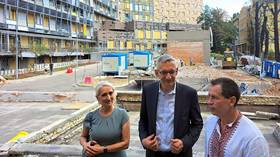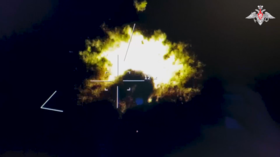Russian cosmonaut sets new space record
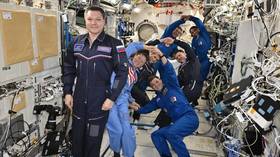
Russian сosmonaut Oleg Kononenko has set a new world record for spending the most time on the International Space Station (ISS), after reaching a cumulative one thousand days in orbit, Russia’s space agency Roscosmos has said.
The record was set at 00:00:20 Moscow time on Wednesday. Kononenko, who is currently on his fifth space mission, will tally 1,110 days in orbit by September 23, when the current crew of the station is scheduled to return to Earth.
The 59-year-old had already become a world record holder in February, when his non-stop stay in orbit reached a total of 878 days and 12 hours, or nearly two and a half years. Back then, Kononenko broke the record set by fellow Russian cosmonaut Gennady Padalka, who accumulated a total of 878 days, 11 hours, 29 minutes and 48 seconds.
Members of the international crew celebrated the milestone by lining up for a photo in the shape of three zeros behind Kononenko to make the number 1,000.
Kononenko told TASS that his US colleagues aboard the ISS and NASA’s mission control center in Houston were the first to congratulate him on setting the spaceflight record.
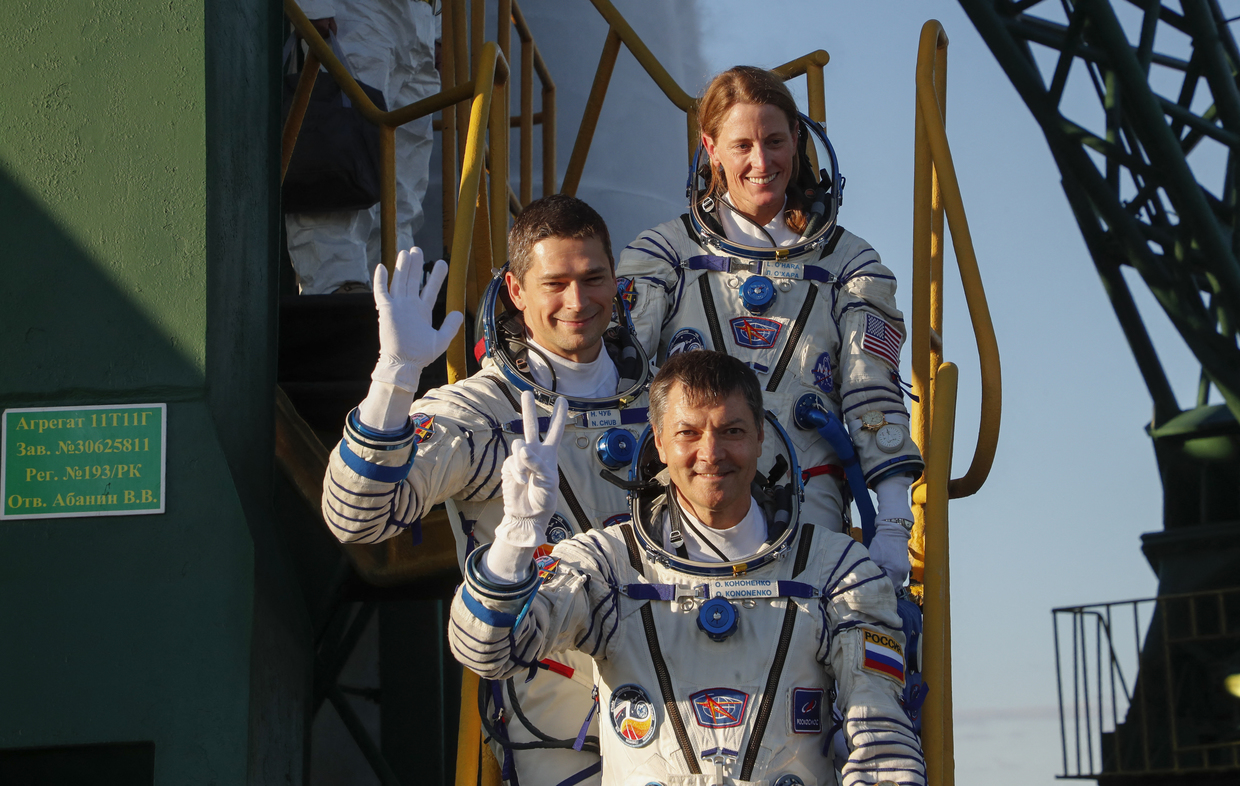
“Foreign colleagues carefully monitored when the tally of a thousand days would come true, because they consider this event a significant milestone for the entire world of astronautics; and they highlighted this in their congratulations,” he added.
Kononenko, who will celebrate his 60th birthday in orbit later this month, said that the long period of time he will have spent in Earth orbit by the end of the mission will have practical applications in space-medicine advancements for future interplanetary travel.
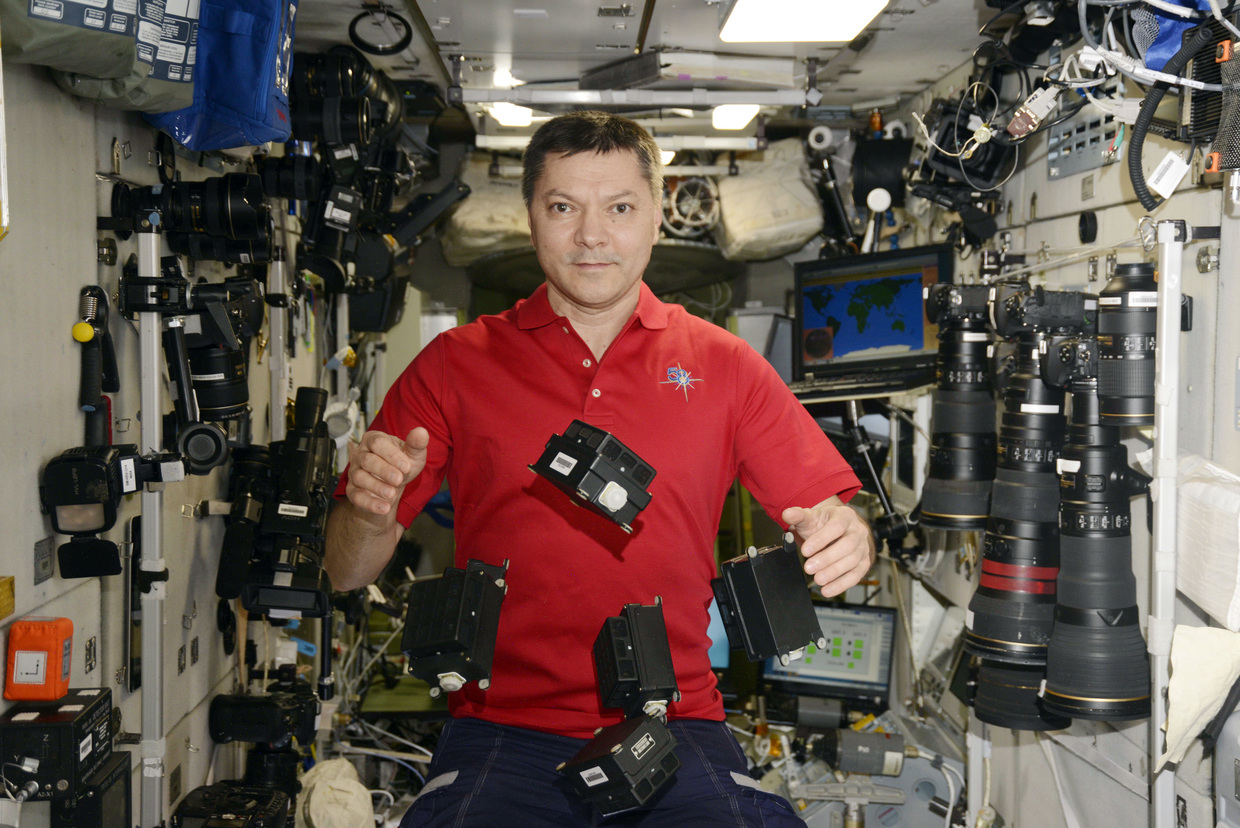
“Long flights provide more information on human capabilities that is necessary to know,” he told the news agency, adding that humanity will, eventually, begin to perform interplanetary flights.


